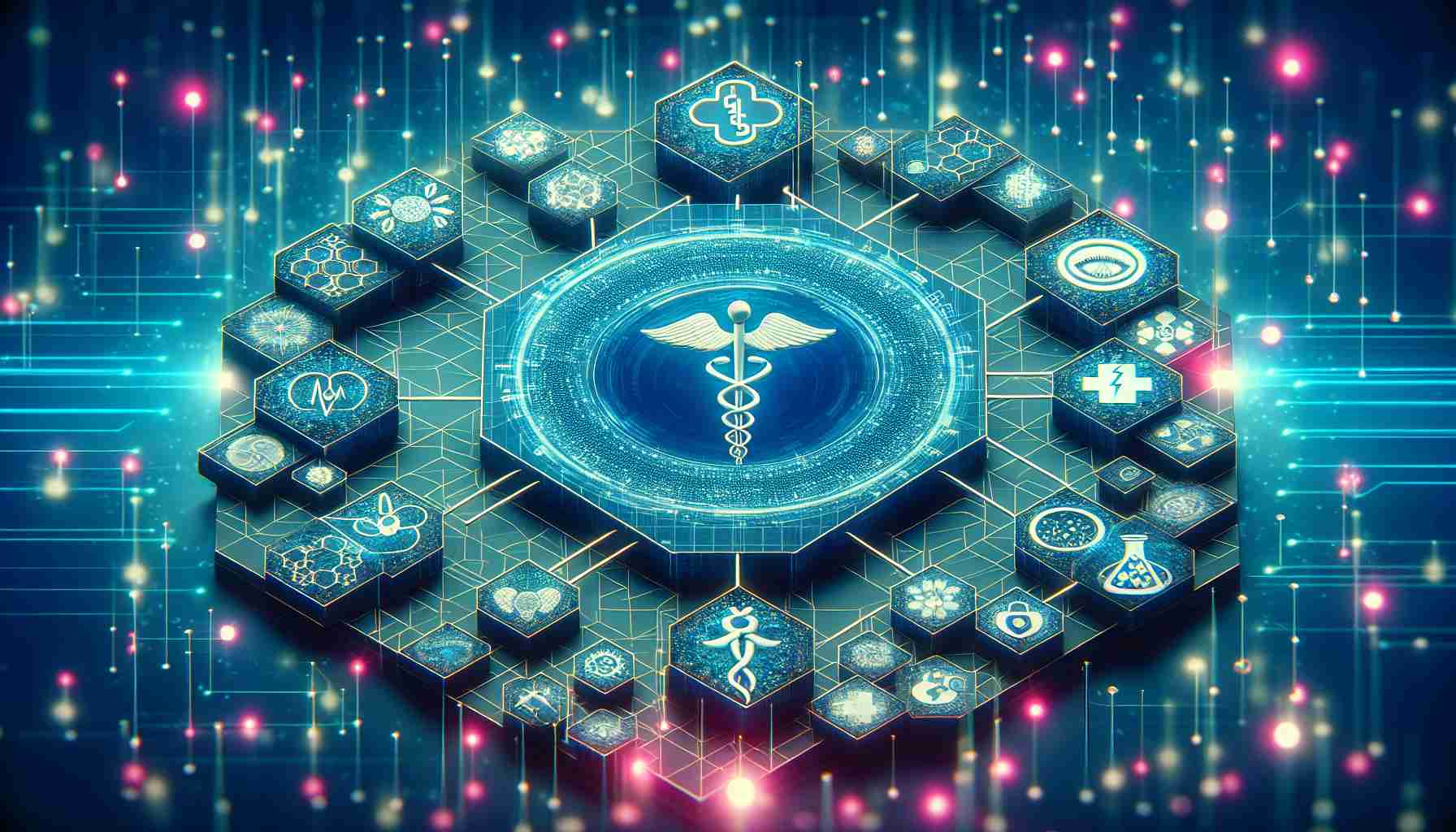The healthcare sector is on the cusp of a transformation, with blockchain technology leading the charge as a groundbreaking solution for managing and safeguarding medical data. Global industry leaders, recognizing the potential of blockchain in healthcare, are actively incorporating this technology to enhance efficiency and security in the manipulation of health-related information.
At the forefront of this innovation are major corporations such as IBM and Microsoft, as well as leading-edge firms like Guardtime and Gem, which are reshaping how patient records, clinical trial data, and billing are stored and accessed. Blockchain’s distinct advantage lies in its capacity to prevent data tampering, thus safeguarding patient privacy and elevating the overall integrity of medical information.
This technology is not only poised to bolster data security but also to streamline numerous healthcare processes including the management of medical supply chains, the adjudication of insurance claims, and the administration of patient consents, potentially saving costs and cutting intermediaries.
As this digital evolution unfolds, the report identifies specific dynamics influencing the sector’s direction. The threats posed by counterfeit medicines and the inherent transparency of blockchain’s distributed ledger technology are driving market growth. Alongside these drivers, a rising trend in adopting Blockchain-as-a-Service (BaaS) solutions is evident, promoting cost-effective and secure data exchanges within the industry.
However, the sector also faces challenges, such as the lack of widespread understanding of blockchain and technical issues related to scalability, which must be addressed for the technology to reach its full potential. But with the increase in venture capital investments and Initial Coin Offerings (ICOs) signaling a bright future, the report forecasts robust expansion for blockchain in healthcare, particularly in North America.
By enabling stakeholders to tap into new markets and optimize operational efficiencies, the report concludes that blockchain stands as a significant catalyst for innovation and growth in the global healthcare landscape.
Important Questions and their Answers:
1. What is blockchain technology, and how does it work in healthcare?
Blockchain is a decentralized digital ledger that records transactions across multiple computers in a way that prevents alteration. In healthcare, it can securely store patient records, track the integrity of medical supply chains, manage consent, and handle billing and insurance claims.
2. Why is blockchain technology significant for healthcare data security?
Blockchain’s inherent security features like encryption and its tamper-evident structure make it ideal for protecting sensitive health data. It ensures that once information is recorded, it cannot be altered without detection, thereby preserving patient confidentiality and trust.
3. What are the potential cost savings associated with blockchain in healthcare?
Blockchain could significantly reduce costs by eliminating intermediaries, reducing fraud, enhancing the efficiency of administrative processes, and streamlining supply chains.
4. What challenges does blockchain face for widespread adoption in healthcare?
Key challenges include a lack of understanding of blockchain technology among healthcare providers, scalability issues due to the growing amount of health data, and the need for interoperability between various blockchain systems and existing healthcare IT infrastructure.
Key Challenges and Controversies:
There’s a debate over the balance between data accessibility and privacy, especially given the sensitivity of medical information. Furthermore, the regulatory framework for blockchain in healthcare is still evolving, and there are concerns about the readiness of healthcare institutions to adopt such an advanced technology due to the current limitations in the IT infrastructure and workforce training.
Advantages:
– Secure data management that prevents tampering and unauthorized access,
– Increased transparency in transactions and supply chains,
– Improved efficiency by eliminating intermediaries and streamlining processes,
– Enhanced patient empowerment through secure access to their medical records.
Disadvantages:
– High initial investment for system implementation and training,
– Technological complexity and a steep learning curve for healthcare providers,
– Potential risks associated with unregulated areas and rapid scaling of technology,
– Interoperability issues with existing systems and other blockchain solutions.
If you’re interested in learning more about healthcare technology innovations, consider visiting these credible sources:
– IBM
– Microsoft
These are some of the leaders in integrating blockchain technology within various industries, including healthcare.


